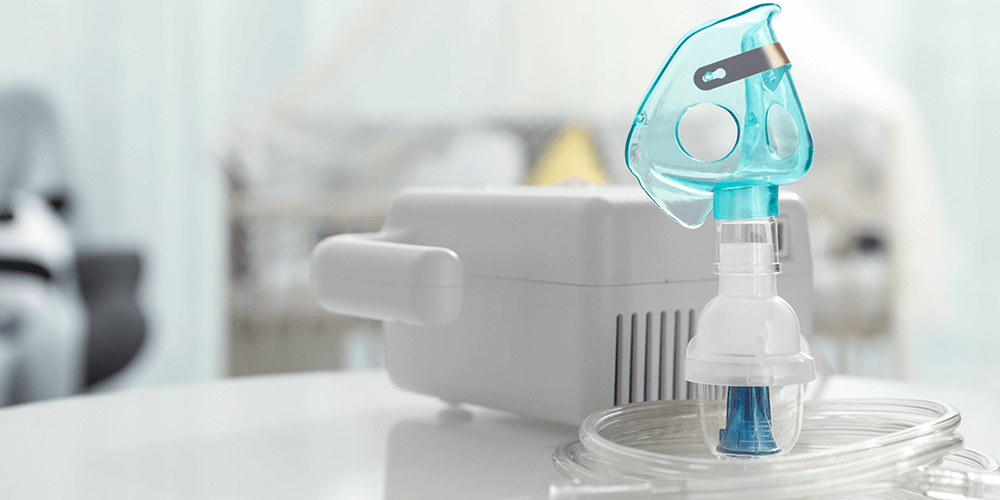According to the guideline panel, it is preferable to undertake sequential therapeutic trials of each agent in turn and if no responses are observed therapy should be stopped. The length of the trial depends on the pharmacology.
Pharmacological control
Recommendations for using anti-asthmatics
- A short-term ICS trial (2–4 weeks) in adult patients with chronic cough
- A short-term ICS trial in children with chronic dry cough (2–4 weeks)
- A short-term antileukotriene trial (2–4 weeks) in adults with chronic cough, particularly in those with asthmatic cough
- A short-term trial (2–4 weeks) of ICS and long-acting bronchodilator combination in adults with chronic cough and fixed airflow obstruction
Recommendations for using anti-acids
- It is recommended that clinicians do not routinely use anti-acid drugs in adult patients with chronic cough
Recommendations for using drugs with promotility activity
- There is currently insufficient evidence to recommend the routine use of macrolide therapy in chronic cough. A 1-month trial of macrolides can be considered in the cough of chronic bronchitis refractory to other therapy, considering local guidelines on antimicrobial stewardship.
Recommendations for using neuromodulatory agents
- A trial of low-dose morphine (5–10 mg twice daily) in adult patients with chronic refractory cough we suggest a trial of gabapentin or pregabalin in adult patients with chronic refractory cough.
Nonpharmacological control
- A trial of cough control therapy in adult patients with chronic cough is recommended.
Antibiotics for chronic wet cough in children
- A trial of antibiotics is suggested in children with chronic wet cough with normal chest radiographs, normal spirometry and no warning signs.

